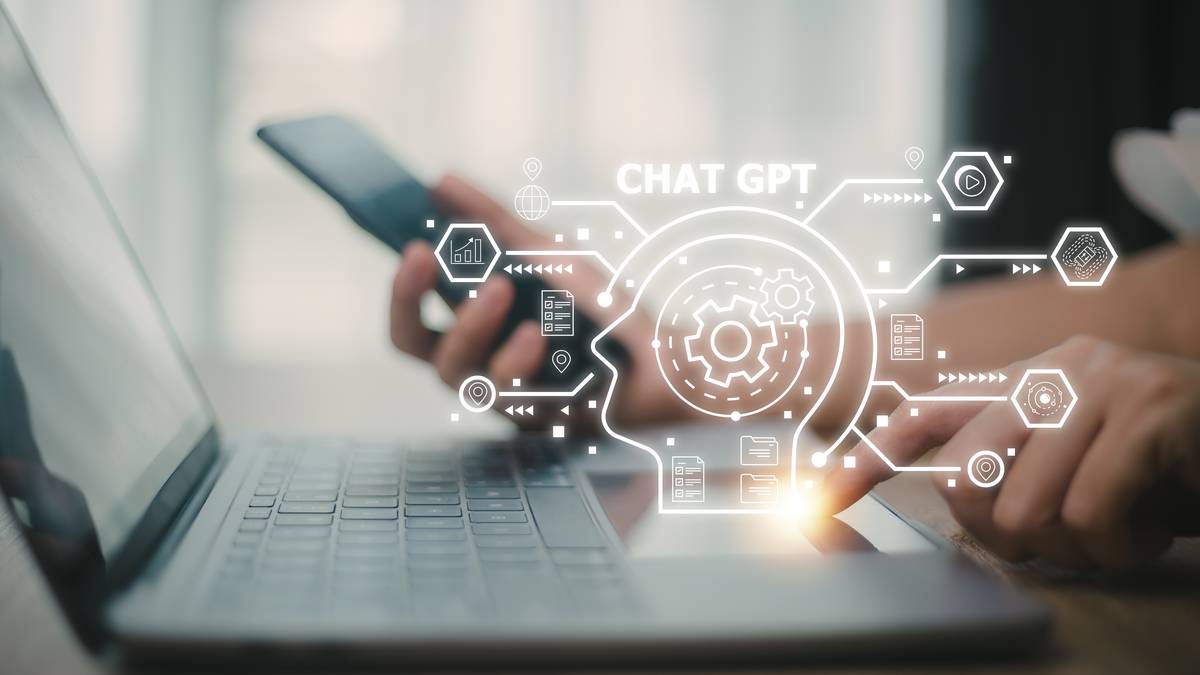The impact of artificial intelligence (AI) on the workplace is expected to be substantial. Renowned economist John Maynard Keynes predicted in the 1930s that technological advancements might lead to his grandchildren working only 15-hour weeks.
Today, we often read about employees experiencing burnout and recommendations on how to maintain a work-life balance beyond the standard 40-hour workweek. There is a growing belief that AI could further reduce the necessary work hours.
However, the question arises: Has capitalism allowed for this change? And if so, how can we ensure that individuals have the financial means to sustain themselves?
Justin Flitter, from the business consultancy New Zealand AI, emphasizes the importance of addressing these economic challenges. He suggests that the economy is on the brink of a significant transformation, akin to climate change but happening at a much faster pace. Flitter highlights the need for a supportive approach towards those who may be adversely affected by AI-driven job displacement.
AI’s influence extends beyond routine tasks to creative endeavors such as hosting television shows and podcasts. Flitter warns that job security is a legitimate concern in the face of AI’s expanding capabilities.
One proposed solution to potential job loss is the concept of a universal basic income, where all citizens receive a monthly salary regardless of employment status. This idea has resurfaced in response to the AI-induced job market shifts, with proponents arguing for its role as a safety net in an increasingly automated world.
Madison Reidy, from Marketplaces with Madison, notes that while concerns about inflation accompany the universal basic income proposal, it could serve as a foundational support system for individuals facing job displacement due to AI advancements.
The discussion around AI’s impact on employment raises critical questions for policymakers. Should more attention be given to preparing for AI-driven changes, and what policies need to be enacted to address these potential disruptions effectively?






